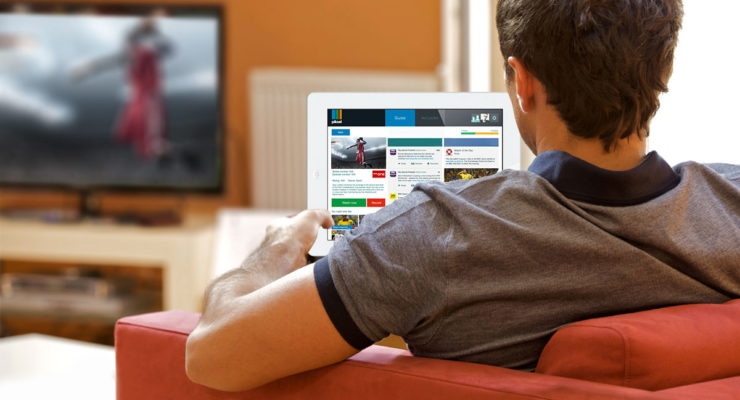(Alanna Ketler) Within the past decade or so, the way we live our lives has drastically changed for many of us. Screens (smartphones, tablets, computers, televisions) have become such integral parts of our lives that we don’t even notice how much of our attention has been given to these devices.
screen time
The Average Person Will Watch Over 78,000 Hours Of Television “Programming” Over The Course Of A Lifetime
(Michael Snyder) If you want to waste your life, a great way to do that is to spend tens of thousands of hours watching television. Today, it is so difficult to get people to leave their homes and get active in their communities, because most of us are absolutely glued to one screen or another.
50 Things You Could Be Doing Instead Of Staring At A Screen
(Alanna Ketler) There is no doubt about it, screens have become a central part of many of our lives. From the moment we wake up and turn off our alarms and do a quick check of Facebook, Instagram and/or Twitter notifications, email, and other apps — screens have the capacity to suck us in, right from the start of the day. The act of checking our screens has become so common nowadays that many of us spend the majority of our waking lives staring at various screens including smartphones, tablets, and computers.
MRI Study Associates Screen Time Exposure In Children To Lower Brain Development
(John Vibes) According to a new study published in the journal JAMA Pediatrics, too much screen time for young children could be linked to slower brain development. The study’s lead author Dr. John Hutton, a pediatrician and clinical researcher at Cincinnati Children’s Hospital, says that this is the first known study to examine how screen time affects the actual structure of a child’s growing brain.
Screen-Based Media Associated with Structural Differences in Brains of Young Children
(Science Daily) A new study documents structural differences in the brains of preschool-age children related to screen-based media use.
Bill Gates and Steve Jobs limited Screen Time for Their Kids – Business Insider
(Allana Akhtar) Despite barring his own kids from using too much tech, some experts say Gates touts the use of electronic devices in schools.
Impulsive Behavior Linked to Sleep and Screen Time
(Neuroscience) A paper published today in Pediatrics suggests that children and youth who do not sleep enough and use screens more than recommended are more likely to act impulsively and make poorer decisions. The findings come from the globally recognized Healthy Active Living and Obesity Research Group (HALO) at the CHEO Research Institute in Ottawa.






